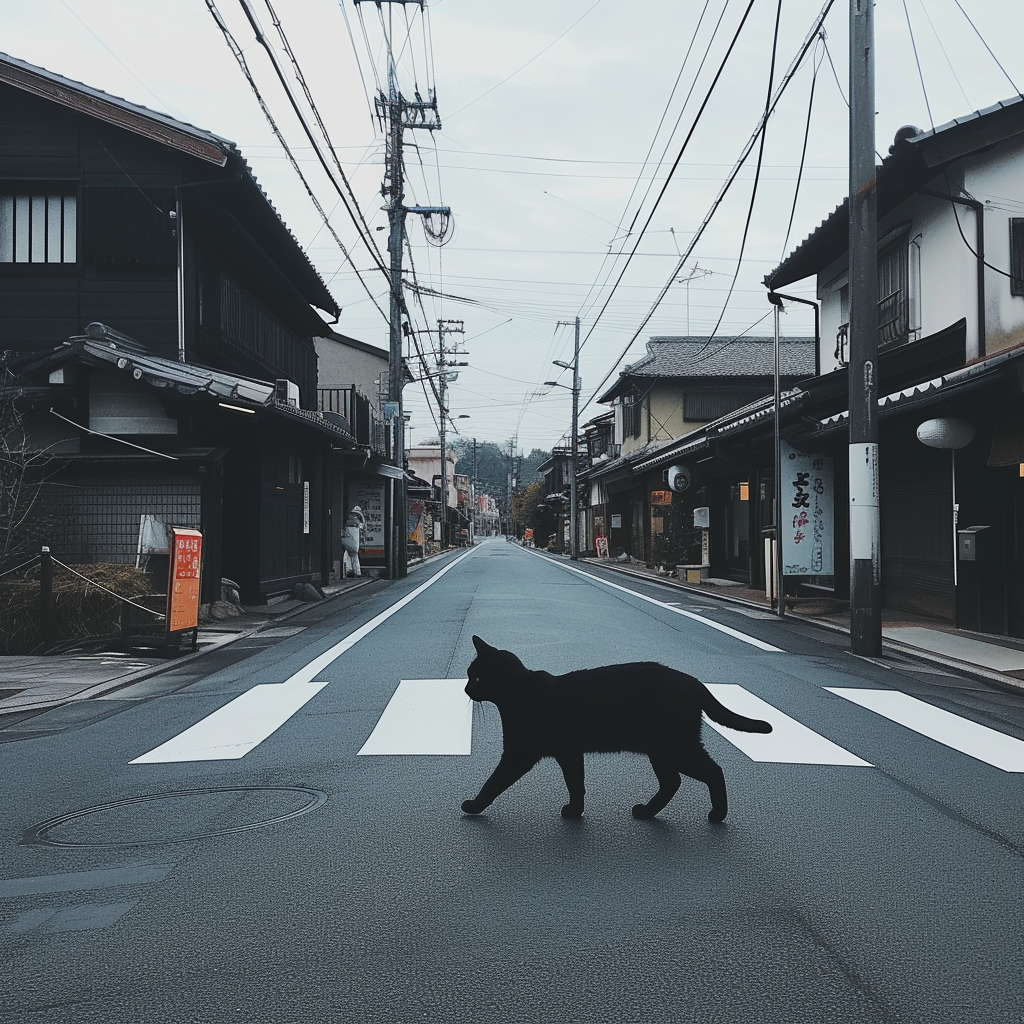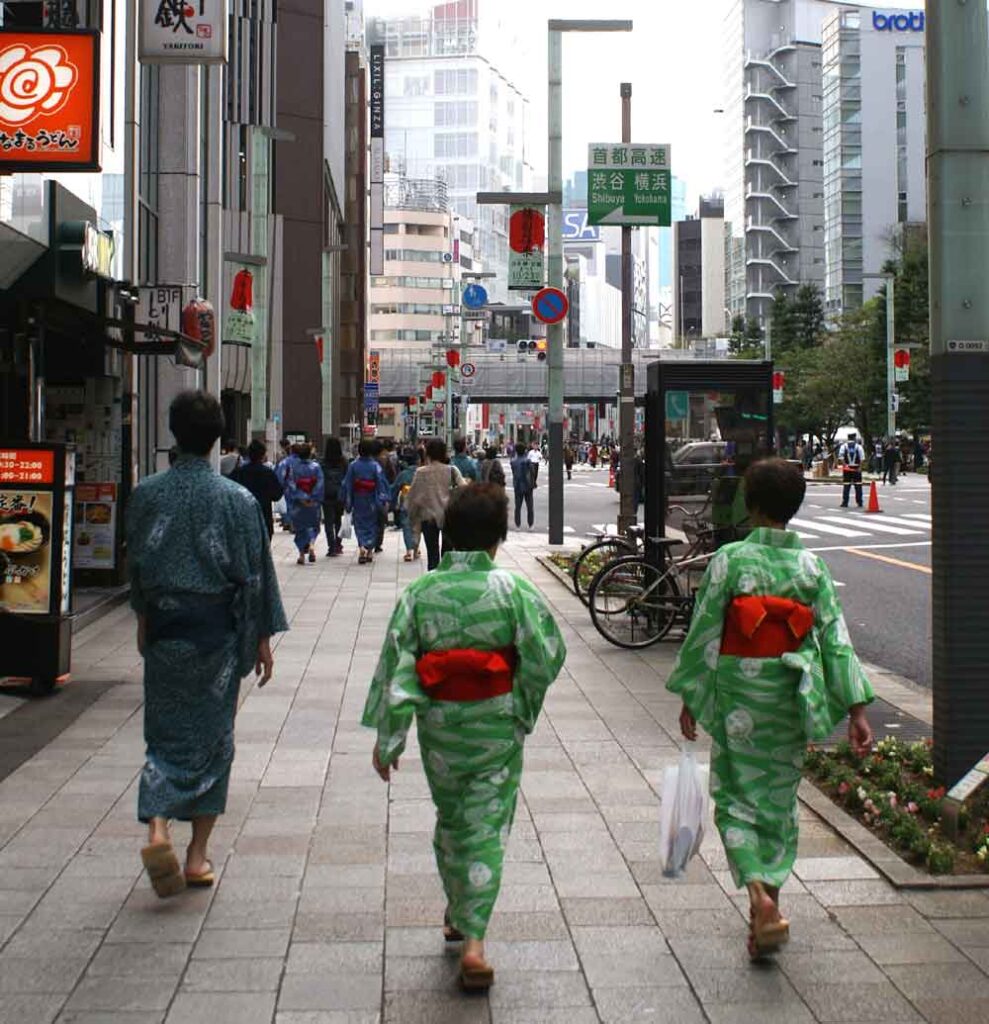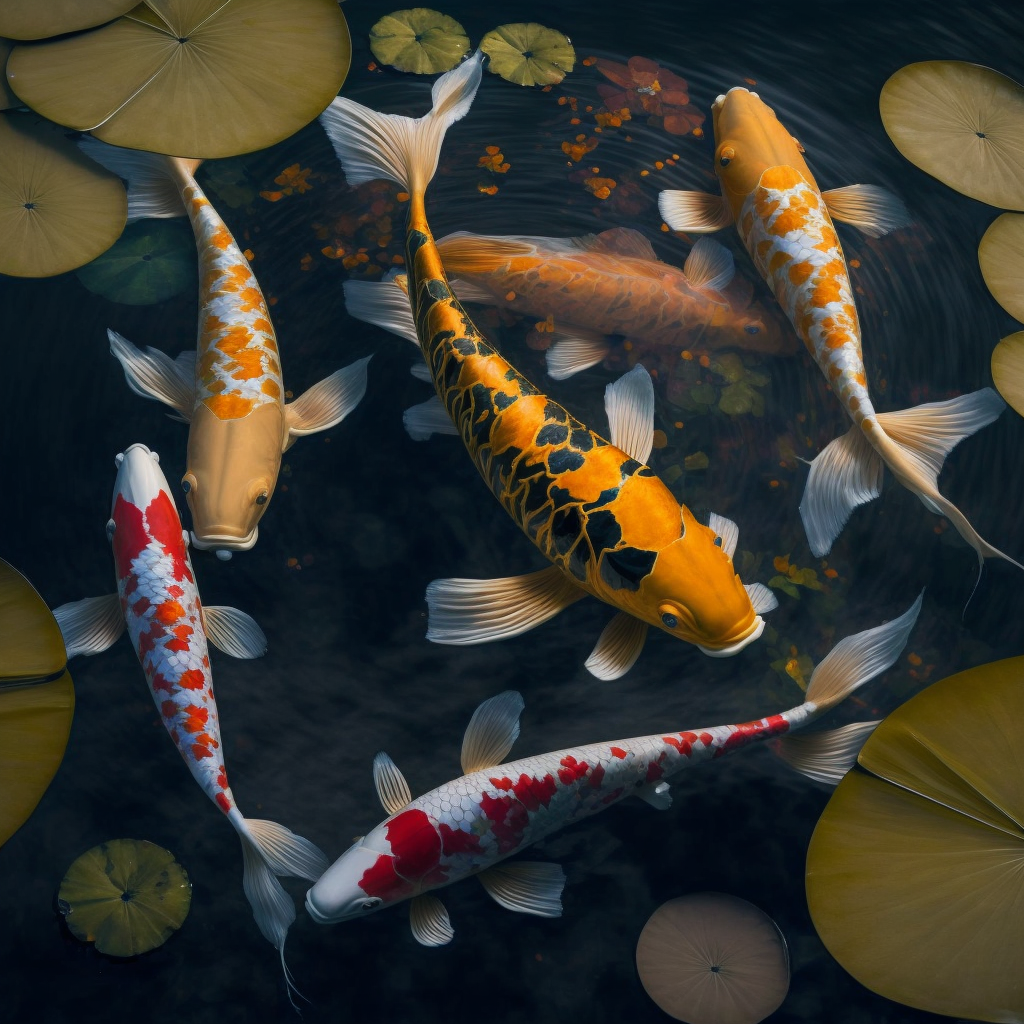Japan, steeped in centuries-old history and rich customs, is home to a fascinating array of superstitions that have evolved over time. Among these beliefs, the “Meishin”, often translated as “sign of destiny” or “omen”, is of particular importance in Japanese culture. This article delves into the depths of Japanese superstitions. It will highlight the historical origins of Meishin. Through its manifestations in daily life, and examining how these superstitions continue to influence contemporary Japanese society.
Origins of Meishin, Japanese Superstitions:
Meishin has its roots in the complex mix of Shinto, Buddhist and animist beliefs that have shaped Japanese spirituality. These traditions gave rise to the belief that certain signs or events can predict the destiny of a person, a community or even a country.
Manifestations of Meishin in daily life:
has. Animals and natural phenomena: Certain animals are considered to bring happiness or misfortune. Maneki-neko, the cat waving its paw, is often associated with prosperity. While we perceive the crow as a negative omen. Natural phenomena, such as lightning or rainbows, are also interpreted as important signs.
b. Numbers and dates: Numbers have a special meaning in Japan. Some are considered lucky, like the 7. While others, like the 4, are avoided because of their pronunciation similar to that of the word “death”. Likewise, specific dates may be considered auspicious or inopportune. This influences events such as weddings and funerals.
Contemporary Japanese superstitions:
Even in the modern era, Meishin continues to influence behaviors and decisions. From superstitions linked to specific actions, such as not cutting nails at night, to choices based on the lunar calendar, such as avoiding certain periods for specific activities. These practices persist in many aspects of daily life.
Influence on modern society:
Meishin is not confined to the personal sphere; it also plays a role in the public sphere. Some businessmen consult superstition experts before making important decisions. So, this shows how these beliefs impact even business and politics.
As we explore Meishin, we discover an intriguing aspect of Japanese culture that transcends time. These superstitions offer insight into how Japan maintains and integrates its rich cultural heritage, while navigating the modern world. The Meishin, far from being a relic of the past, continues to weave subtle but meaningful threads through daily life in Japan.



